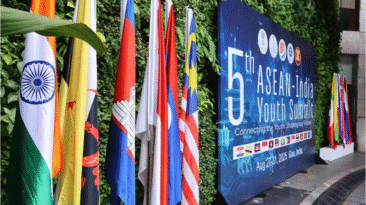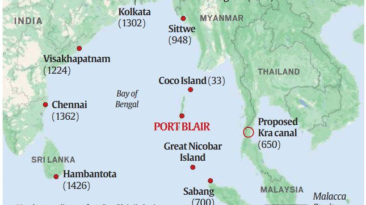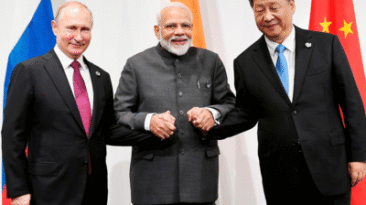Articles, Environment & Climate
Net Zero 2070 – Just a Climate goal or India’s path to Employment-Led Growth?
What if India’s path to decarbonisation also offers a solution to one of its biggest challenges - youth unemployment? As Prime Minister Narendra Modi stated at COP26, “We have to make the fight against climate change a fight for jobs, innovation, and growth.” The article explores the unique opportunity this initiative provides; transitioning to “green energy' can also promote inclusive and sustainable growth in India’s labour market.














